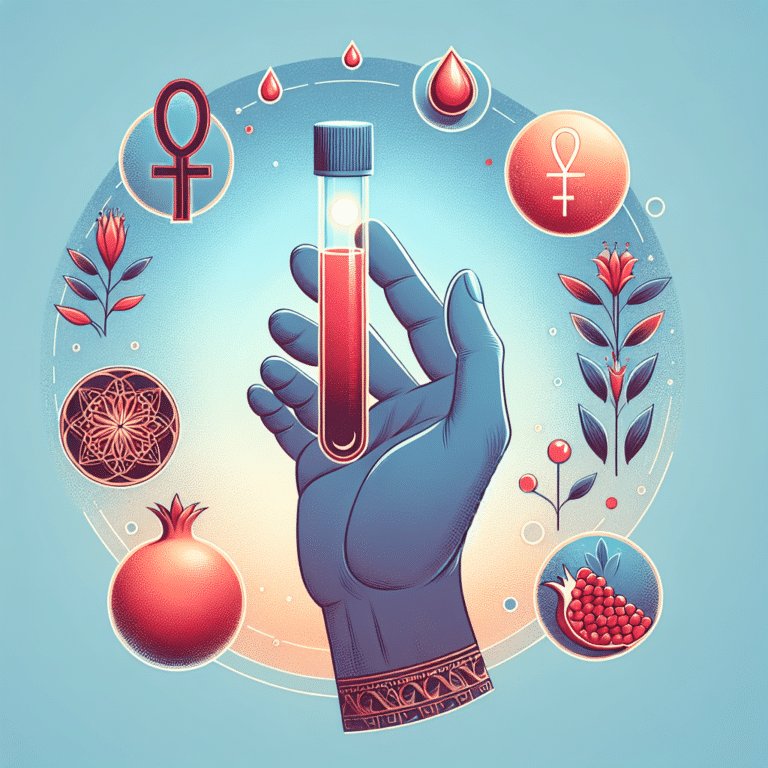Summary
- The mean age of 3662 patients with male infertility undergoing sperm analysis and hormone level measurement was 36.271 years.
- Various hormone levels and sperm analysis parameters were recorded, including LH, FSH, PRL, testosterone, E2, and T/E2.
- Patients were classified based on semen analysis results, with rates for different conditions such as NOA, OA, and normalcy among others.
- AI prediction models for male infertility risk were generated and evaluated, with variables like FSH playing a significant role.
- The models showed promising accuracy in predicting male infertility risk, with further validation in 2021 and 2022 yielding positive results.
A recent study conducted on male infertility has revealed some interesting findings. Researchers analyzed data from over 3000 individuals who underwent sperm analysis and hormone level testing over the past decade. The study found that the average age of these patients was around 36 years old. The analysis also showed varying levels of hormones such as LH, FSH, PRL, testosterone, E2, and T/E2.
When it came to sperm analysis, researchers looked at factors like volume, concentration, motility, and total sperm count. The results showed that there were differences in these parameters among the individuals studied. Additionally, the patients were classified into different categories based on their semen analysis results, such as NOA, OA, cryptozoospermia, oligozoospermia and/or asthenozoospermia, normal, and ejaculation disorder.
The study also utilized artificial intelligence (AI) to predict the risk of male infertility. Different models were used, and the accuracy of these models was evaluated. The AI models considered various factors like hormone levels and sperm analysis results to generate predictions. The researchers found that AI could be a useful tool in assessing male infertility risk.
Furthermore, the study looked at semen analysis data based on established standards. The researchers defined a lower limit of normal for total motility sperm count and used this to evaluate male infertility risk. The AI prediction models were tested on data from recent years, showing promising results in predicting infertility risk.
Overall, this study sheds light on the use of AI in assessing male infertility risk. The findings could have significant implications for diagnosing and treating male infertility in the future.
Source link
Urology


